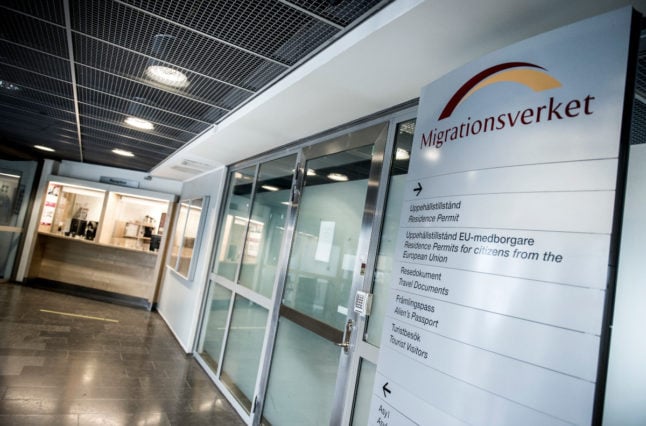In a draft bill, the government suggests introducing a new residence permit of up to nine months for well-qualified international talent to look for work or explore starting a business in Sweden.
The applicant should have completed the equivalent of a degree at “advanced level” – which in Sweden counts as studies beyond a Bachelor’s degree – and have enough means to support themselves while they look for work in Sweden.
They also need to have enough funds to cover their return journey, as well as health insurance.
The proposals were presented by Integration and Migration Minister Anders Ygeman at a press conference on Wednesday morning, but had not yet been published in full at the time of writing.
- Card, status, or permit? The different types of permanent residence document in Sweden
According to the government’s statement outlining the key points, the draft bill also proposes introducing new measures to clamp down on so-called “talent deportation” – which became an issue in 2017 when many work permit holders got their permit renewal rejected over relatively minor administrative mistakes, often committed by their employer and often in good faith.
The government states that “work permits should not have to be revoked in the event of minor deviations or if revoking it does not appear reasonable in view of the circumstances”. No further examples of such deviations or unreasonable rejections were immediately available.
In order to prevent exploitation of immigrant workers, Ygeman said the government also proposes that a binding contract has to be signed in order for workers to be granted a permit. If the conditions change for the worse, the employer will have to report it to the Migration Agency.
The Migration Agency should also be able to fine employers who don’t submit information.
The government also wants to introduce a new maintenance requirement for work permit holders’ families, and make permits issued on false premises punishable as human trafficking.
The proposals are based on previous inquiries into overhauling Sweden’s labour migration laws, which the government is now moving forward with. The bill will first get sent to parliament’s Council on Legislation for comment before it can be put to a vote and come into force.
The new rules are, if approved, set to come into effect on June 1st 2022.
Ygeman said they were the first in a series of new bills to revamp labour migration.



 Please whitelist us to continue reading.
Please whitelist us to continue reading.
Member comments